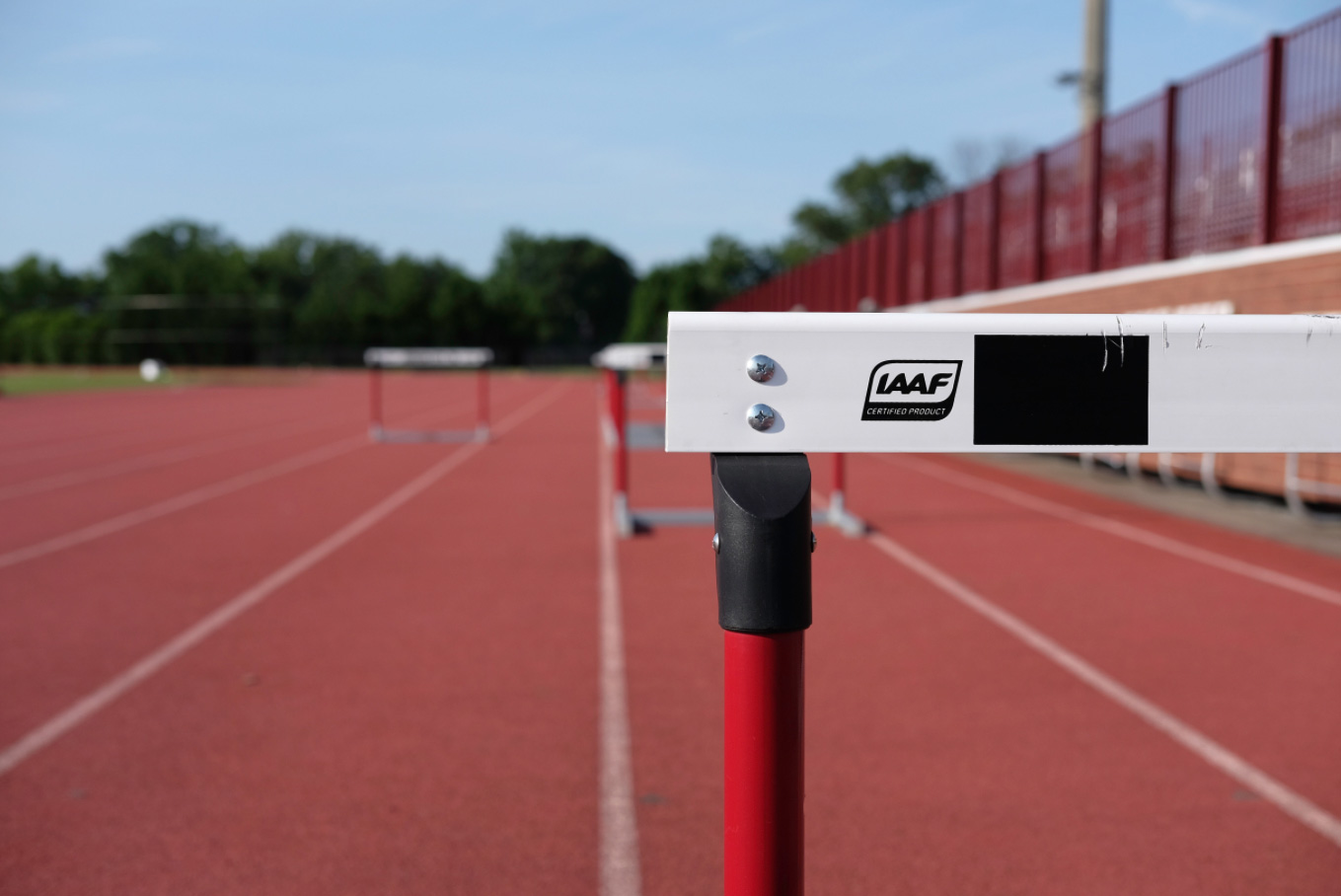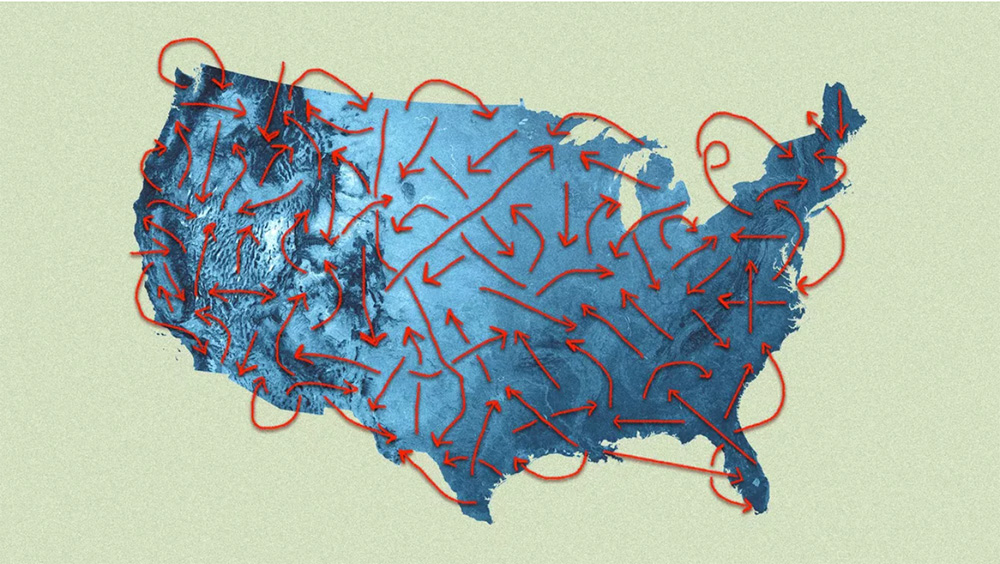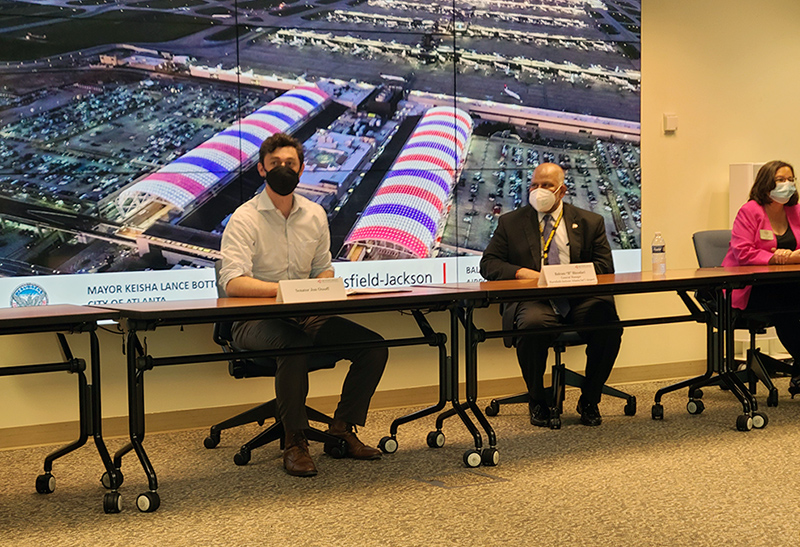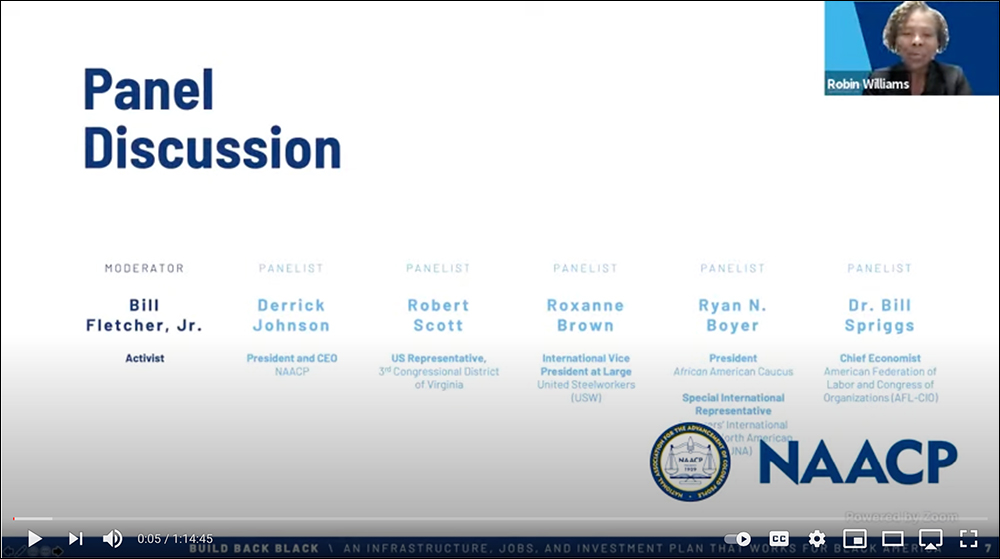Welcome! We’re so glad you want to be a part of this alliance to ensure that the infrastructure plan implementation equally benefits minority communities and companies in Georgia.
The bottom line: The point of what’s presented here is to identify the priorities of the infrastructure plan so that companies can determine whether they have the capabilities to do the work needed to be done. The final figures may look different, but the general goals should remain the same.
Let’s dive in.
Infrastructure Plan Update
Big picture: There are currently two bills of relevance here: the American Jobs plan (“hard” infrastructure – roads, bridges, transit etc.) and the American Families Plan (‘soft” or “human” infrastructure – clean energy, child care, health care, etc.). There will be overlap between these two bills – in other words, “hard” infrastructure in the American Families Plan and vice versa. These plans are two facets of the Build Back Better Plan. The third one is the American Rescue Plan, focused on COVID-related relief.
Why it matters: To recap, the Senate-passed American Jobs Plan would provide $550 billion in new spending on roads, bridges, transit, broadband and water projects. The American Families Plan, which is still being written, could add another $3.5 trillion on “human” infrastructure, including subsidies for childcare, education, paid leave, health care, clean energy programs and more. The plan will be considered in the form of a reconciliation package which essentially allows Democrats to pass their economic priorities without Republican support. But they must be unified since they can’t lose a single vote in the Senate or more than three in the House. Right now, the Democrats do not have the votes to get that done.
The bottom line: In a nutshell, the American Jobs Plan is currently in better shape than the American Families Plan but both have to get over some hurdles.
What’s next: The House of Representatives is scheduled to vote Sept. 27 on the American Jobs Plan even though progressives are warning they won’t support it if the American Families Plan isn’t completed yet.
We’ll know more by the end of the month.
• Read more
Federal Implementation Spotlight
Minority Business Development Agency
One of the only federal agencies focused exclusively on developing and advocating for minority-owned businesses, The Minority Business Development Agency (MBDA) was established by the Nixon administration way back in 1969 as a division of the U.S. Department of Commerce. Its clients are U.S. minority business enterprises (MBEs) owned and operated by African Americans, Asian Americans, Hasidic Jews, Hispanic Americans, Native Americans, and Pacific Islanders.
State/Local Implementation Spotlight
Major Mobility Investment Program
The Georgia Department of Transportation (GDOT) is making major investments in the state’s transportation network to deliver projects that will meet a community need and deliver positive benefits to drivers. Major Mobility Investment Program (MMIP) projects were pinpointed that will create additional capacity, improve freight movement, provide transportation improvements and efficiencies, enhance safety, and decrease travel times.
MMIP DBE Support Available
Do you own a DBE firm or small business? Interested in exploring opportunities through the Major Mobility Investment Program? Connect with a DBE specialist at GDOT’s Program Management Consultant DBE office at 404-946-5764, or ✉️ DBEMMIP@dot.ga.gov.
News Highlight
Sen. Ossoff hosts a meeting with minority officials at Hartsfield-Jackson International Airport.
(photo: Daraka Satcher)
Read more: Senators Warnock, Ossoff Secure $13.5 Million for Georgia Airports
Webinar to Watch
Build Back Black: An Infrastructure and Jobs Plan that Works for Black America
This conversation, convened recently by the NAACP, brought together elected officials, union representatives, and association leadership to discuss the economic opportunities presented by the infrastructure bill, and strategies for implementation that will center and prioritize Black workers, businesses, and Black communities.
GMI Alliance Alert: Action Items
Today’s word count: 957 words, a 3.5 min. read.
Greetings Alliance Members – Sen. Ossoff’s office has asked us to amplify the Georgia Democratic Delegation’s push to increase funding for transit in the infrastructure bill. So we’re asking you to please consider supporting this effort.
Big picture: Supporting initiatives important to our representatives makes it easier for them to support you 😊. For your reference, the letter can be found here.
Additionally, Sen. Ossoff recently sponsored the Public Transportation Expansion Act which calls for a grant program that connects affordable housing to new transit construction grants, among other things.
Go deeper: Scroll down for more info and details on what you can do. Revise the tweets as you see fit, and please add your House representative where the Senators are mentioned if s/he is on the letter.
Here’s Some Talking Points
Transit is vital for urban, suburban, and rural communities across our nation. Investments in transit are a matter of equity and racial and economic justice.
Black Americans are three times less likely to own a car than white Americans. Among urban residents, Latino Americans are twice as likely compared to white Americans to regularly use public transit.
The Georgia Democratic Delegation is pushing to secure $30 billion for transit in the upcoming reconciliation bill so that Georgians and all Americans have the transportation equity to get to work, school, grocery stores, and hospitals.
The bipartisan infrastructure bill served as an important first step toward making the necessary investments in public transit, but it did not go far enough to meet the needs of everyday Americans — especially low-income Americans and people of color.
Public transportation has been historically underfunded for years, hurting low-income individuals and people of color the most.
Increasing access to public transportation is also essential in our work to fight the climate crisis and boost economic justice by connecting historically underserved communities with economic opportunities — all while cutting carbon emissions.
Helpful Statistics
In Georgia, where Black and minority voters delivered the Senate majority:
- Just one in 14 low-income households in Metro Atlanta live within a half-mile of a high-capacity transit stop
- 60% of Metro Atlanta residents cannot access a grocery or convenience store within 30 minutes by transit
- 70% of Metro Atlanta residents cannot access a single health care facility within 30 minutes by transit
- Two-thirds of Metro Atlanta’s transit commuters are essential workers
- In the City of Augusta, Black residents comprise 79% of public transit commuters
The Capitol Switchboard
. . . where you can reach the offices of Speaker Pelosi, Leader Schumer, Chairman DeFazio, or Chairman Brown: 202-224-3121
Tweets to Amplify
NEW: Sens. @Ossoff, Warnock and every member of the Georgia Democratic delegation are joining Senate Banking Committee members to ask leadership to commit at least $30 billion to transit to make a transformative investment for Georgians of color who delivered the Senate.
link here –>
https://twitter.com/MiryamLipper/status/1433533023866298371?s=20
• Sens. @Ossoff, @ReverendWarnock, and Georgia’s Democratic delegation are leading the charge to increase transit funding and invest in communities of color. #gapol
link here —> https://twitter.com/GeorgiaDemocrat/status/1435334661199171586?s=20
• In Atlanta, only one-in-14 low-income households live within a half-mile of a high capacity transit stop. That’s why Sen. @ossoff is leading a push to secure $30 billion in the reconciliation bill for public transportation.
link here –> https://twitter.com/Jake_Best_/status/1435699676011978752?s=20
Social Media Post Examples
Communities of color are less likely to have equitable access to reliable transportation. An additional $30 billion in transit funding would transform lives. We support Georgia Democrats’ call to include this vital funding in the reconciliation bill. https://www.ossoff.senate.gov/wp-content/uploads/2021/09/21.09.01_Georgia-Delegation_Transit.pdf
Black Georgians delivered Democrats the United States Senate so they could take bold action to improve the lives of Georgia’s communities of color. It’s time Congress delivers real transit equity in reconciliation. @SenSchumer @SpeakerPelosi
@SenSchmer @SpeakerPelosi @SenSherrodBrown we urge you to support Sen. @ossoff and @SenatorWarnock’s call and include at least $30 billion in the reconciliation for public transportation. This is about equity, jobs, economic opportunity, and environmental justice.
Lack of access to transit impedes economic opportunities and hurts minority communities the most. Congress must include additional funding for transit in the reconciliation bill — RT if you support @SenatorWarnock and Sen. @ossoff’s push to secure more money for transit.
Expanding transit means expanding access to economic opportunities, affordable housing, & addressing the climate crisis. We support Sen. @ossoff, @SenatorWarnock, @SenWarren, @SenTinaSmith, & Sen. @ChrisVanHollen’s call to add $30B in transit funding to the reconciliation bill.
Access to transit means access to health care. 70% of Metro Atlanta residents cannot access a single health care facility within 30 minutes by transit. Join us in calling on Congress to put more funding for transit into the reconciliation bill.
Working-class people often rely on public transportation to get to work. We commend and support @SenatorWarnock and Sen. @ossoff’s push for $30B in transit funding in the reconciliation bill and call on @SenSchumer and @SpeakerPelosi to include this in the reconciliation bill.
Low-income Georgians and Georgians of color are disproportionately affected by the lack of current transit options. An additional $30B in the reconciliation bill would have a historic impact on communities across the country.
Low-income families need both affordable transportation and housing to thrive. We support the call for an additional $30 billion in transit funding in the reconciliation package to ensure communities have access to the resources they need.
We need a substantial investment in transit to tackle the transportation crisis affecting urban, suburban, and rural communities across the nation. That’s why we support Sen. @ossoff and @SenatorWarnock’s push for $30 billion in transit funding in the reconciliation bill.
With an additional $30 billion in transit funding, we can increase mobility for all Georgians and people nationwide. That’s why we support @SenatorWarnock and Sen. @ossoff’s push to include these resources in the reconciliation bill. @SenSchumer @SpeakerPelosi
The GMI Alliance, an initiative of Ohio River South, is a consortium of minority and majority-owned infrastructure companies and service providers working to position Georgia and themselves for federal infrastructure funding to complete critical projects. Together, we plan to bring increased attention to Georgia’s leading role in the nation’s economy by highlighting our diverse business environment as a strategic advantage.




